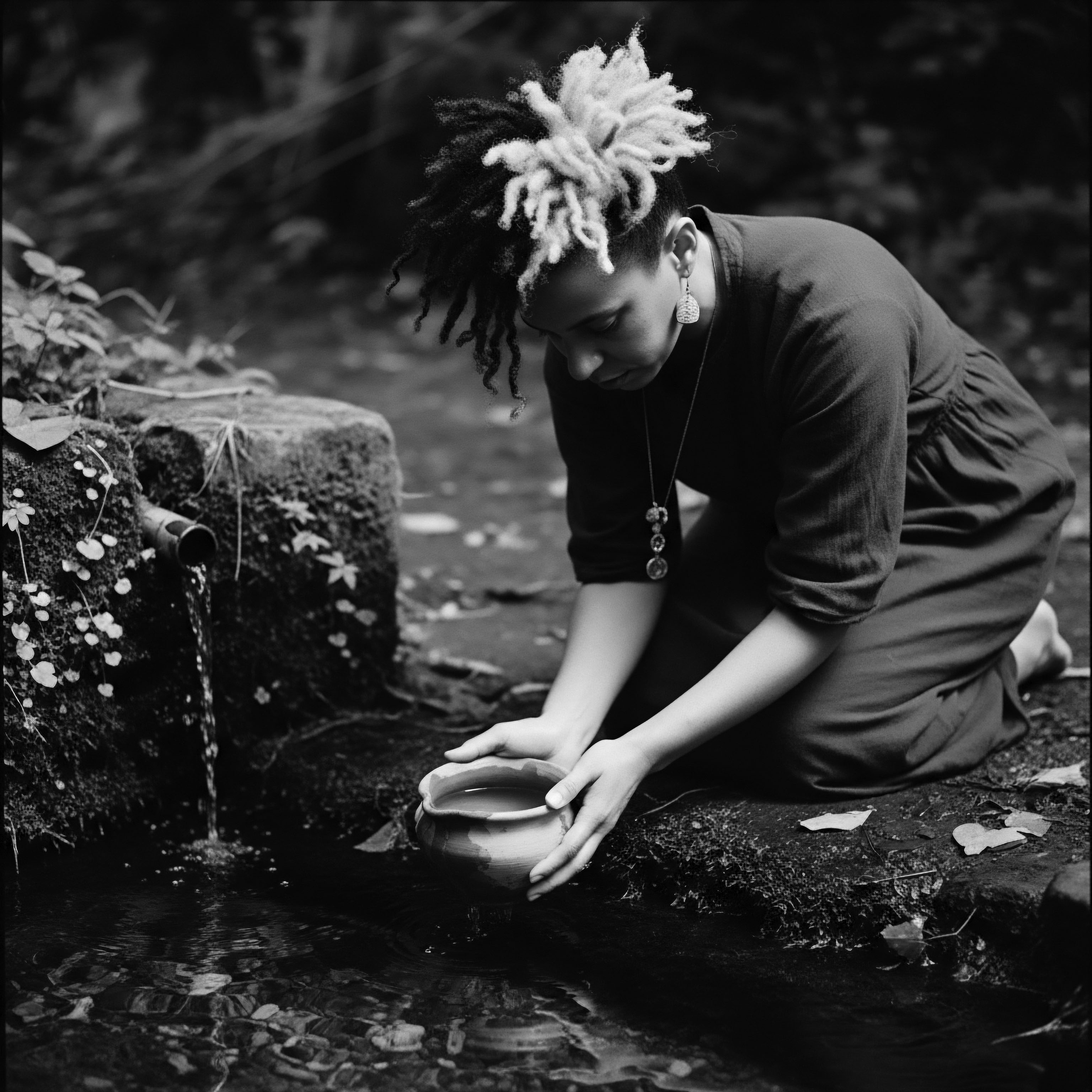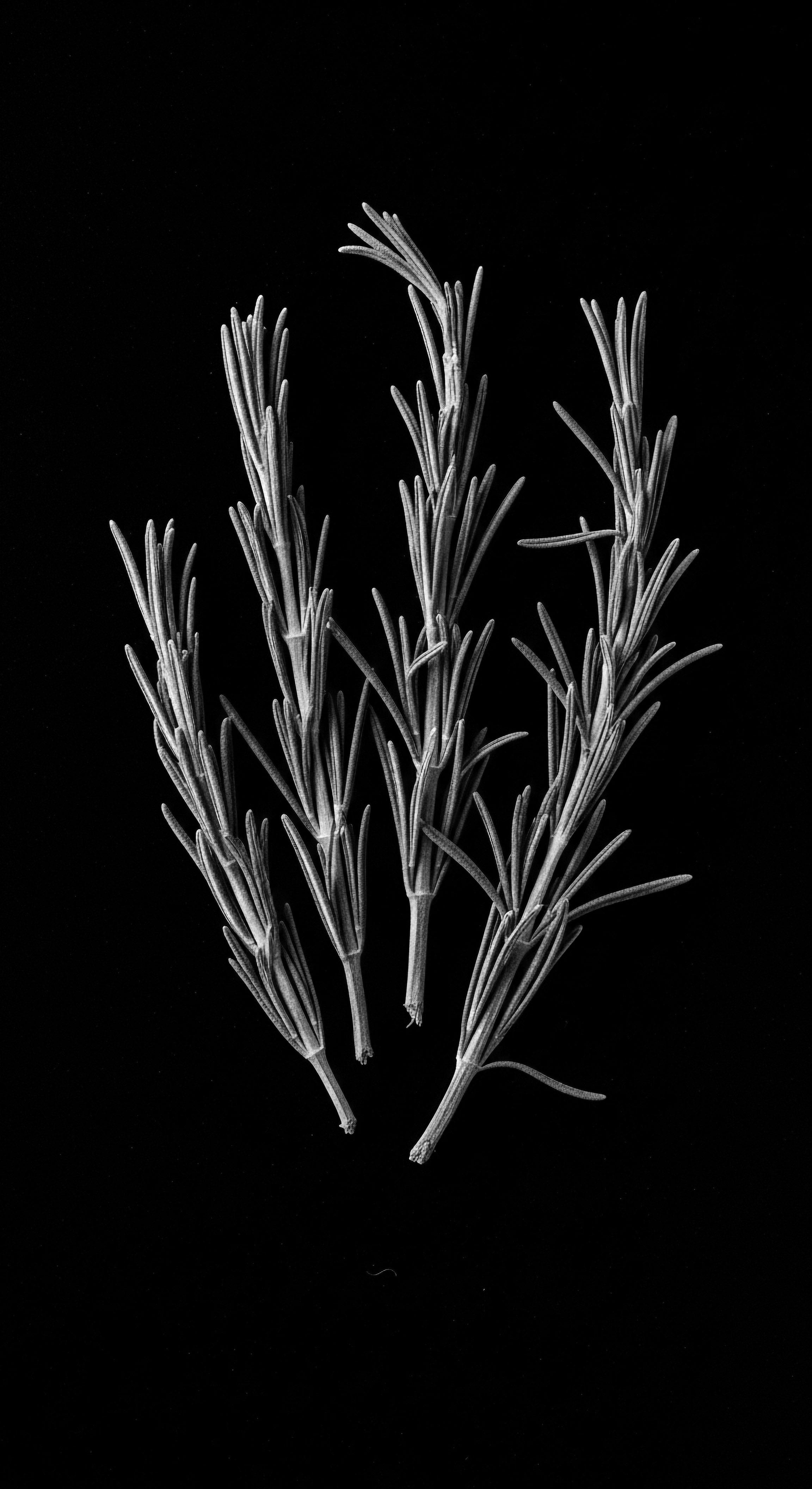
What Is Rhassoul Clay’s Historical Relevance for Textured Hair?
Rhassoul clay’s historical relevance for textured hair lies in its deep cleansing and conditioning properties, integral to North African ancestral beauty rituals.
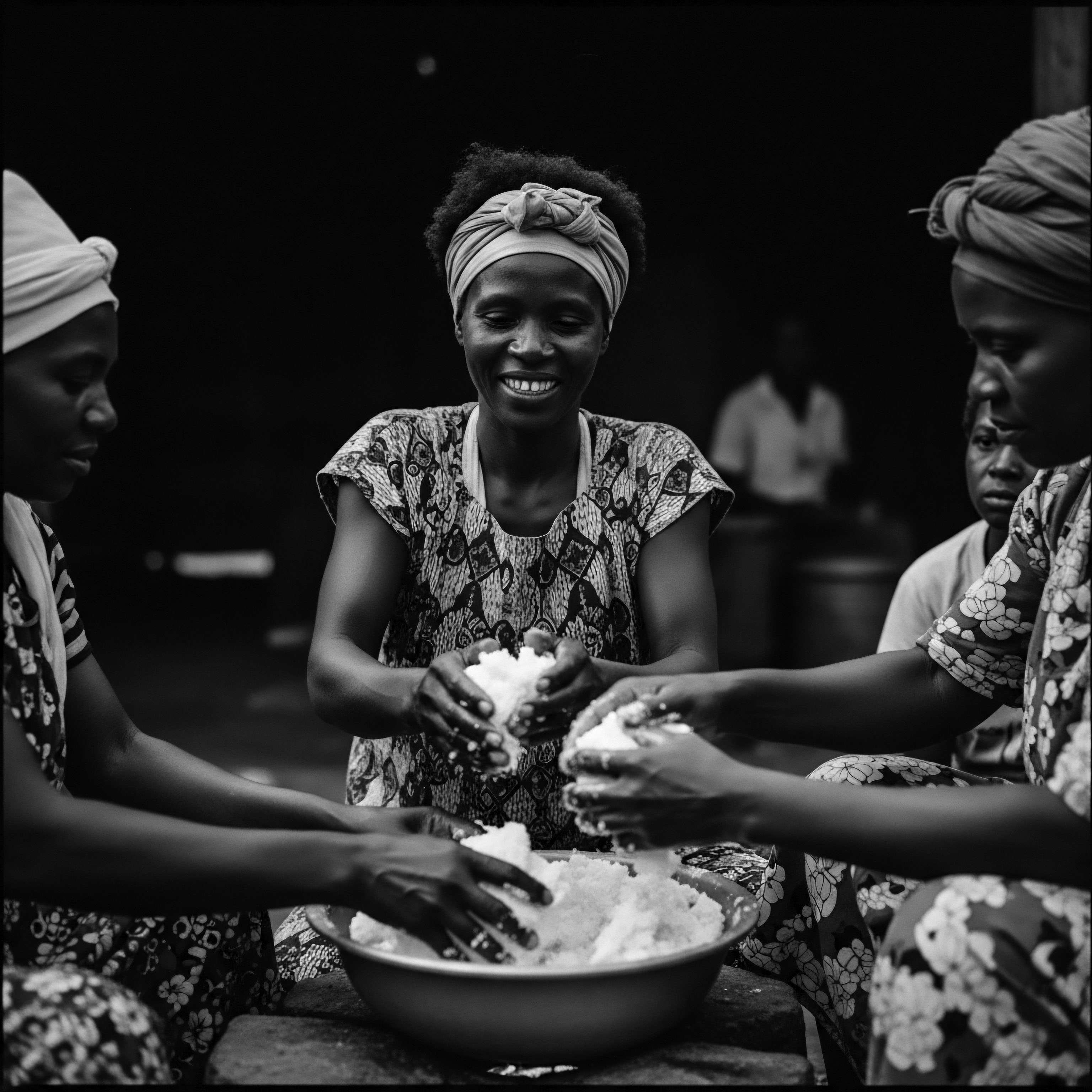
Moroccan Beauty Heritage
Meaning ❉ Moroccan Beauty Heritage signifies a comprehensive system of ancestral knowledge and natural practices for holistic well-being and hair care.
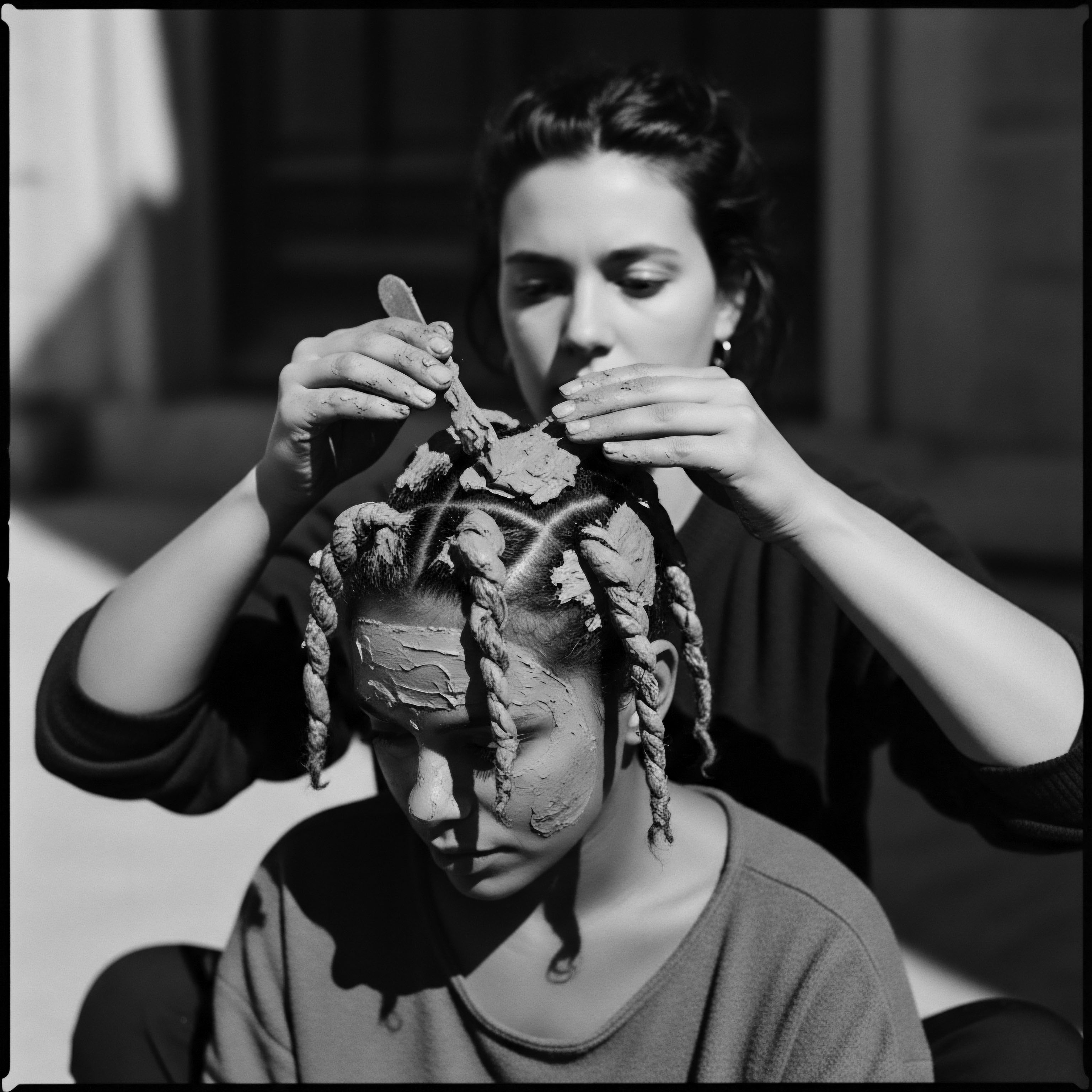
What Cultural Role Has Rhassoul Clay Played in Moroccan Hair Heritage?
Rhassoul clay holds deep cultural significance in Moroccan hair heritage, serving as a revered natural cleanser and conditioner for textured hair.
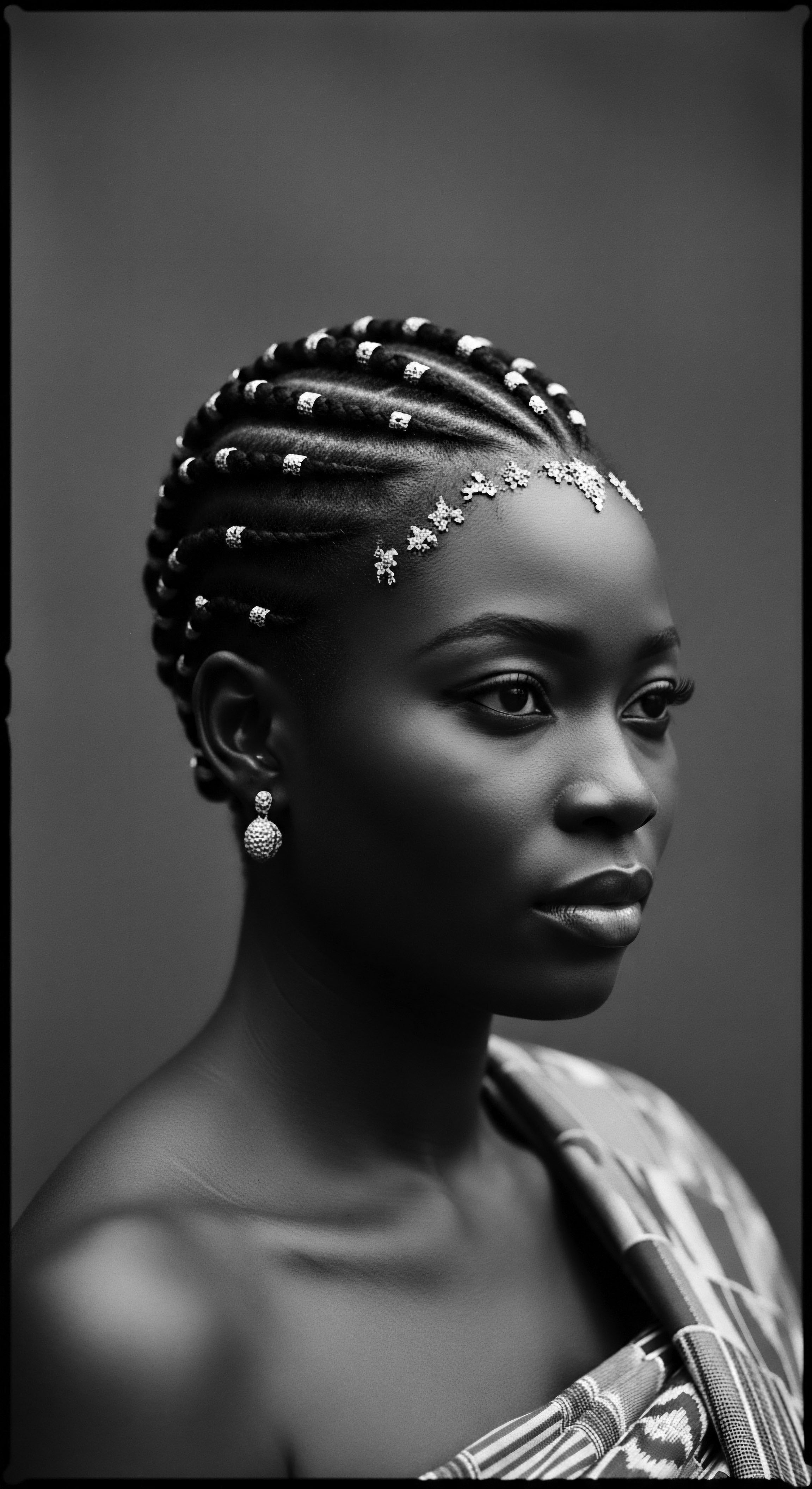
What Historical Connections Link Rhassoul Clay to Textured Hair Care Traditions?
Rhassoul clay deeply connects to textured hair care traditions through centuries of ancestral cleansing and conditioning rituals in North Africa.
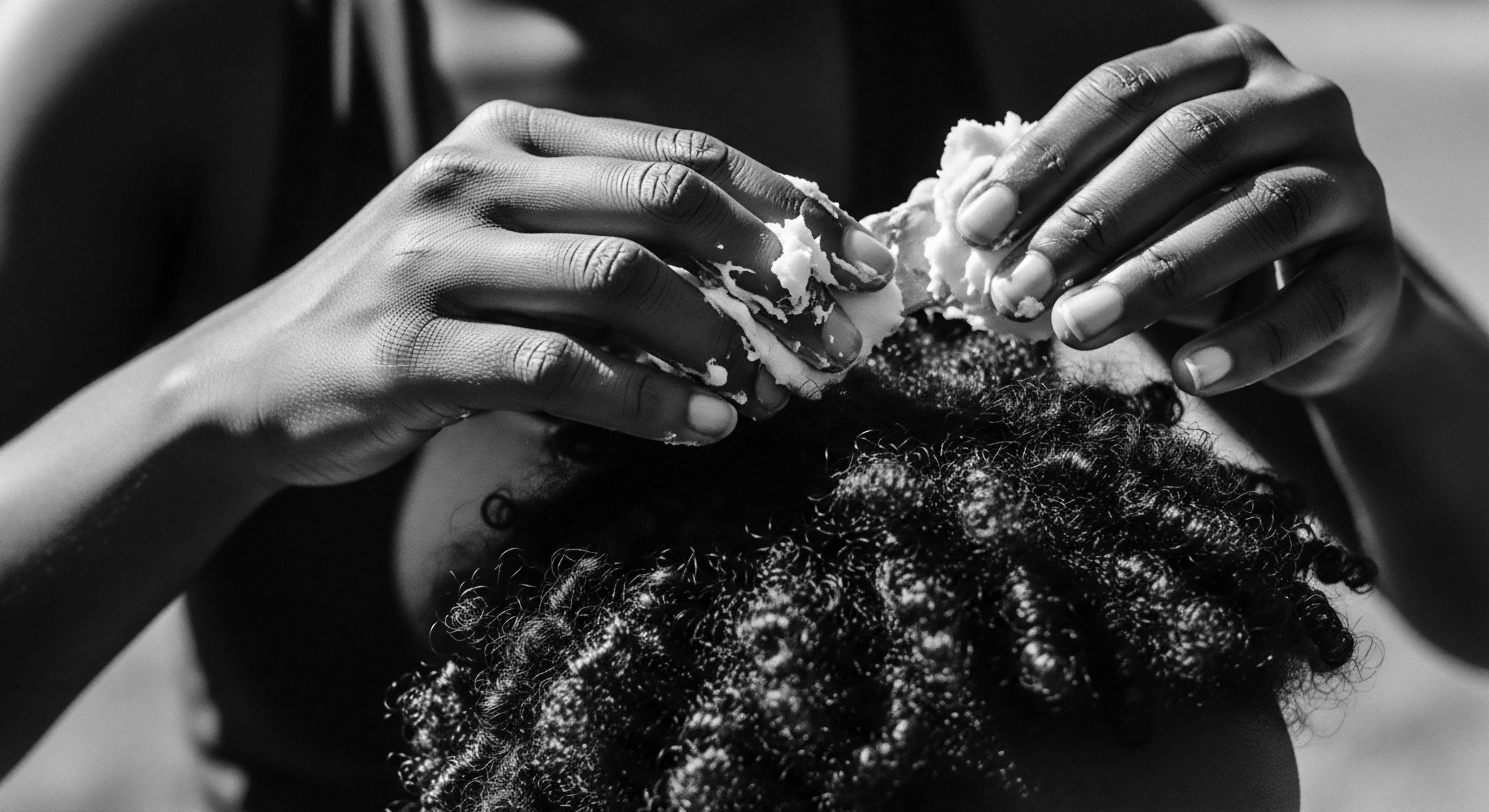
Traditional Moroccan Hair Care
Meaning ❉ Traditional Moroccan Hair Care is a holistic system of hair nurturing, rooted in indigenous botanical wisdom and ancestral practices for vibrant hair.
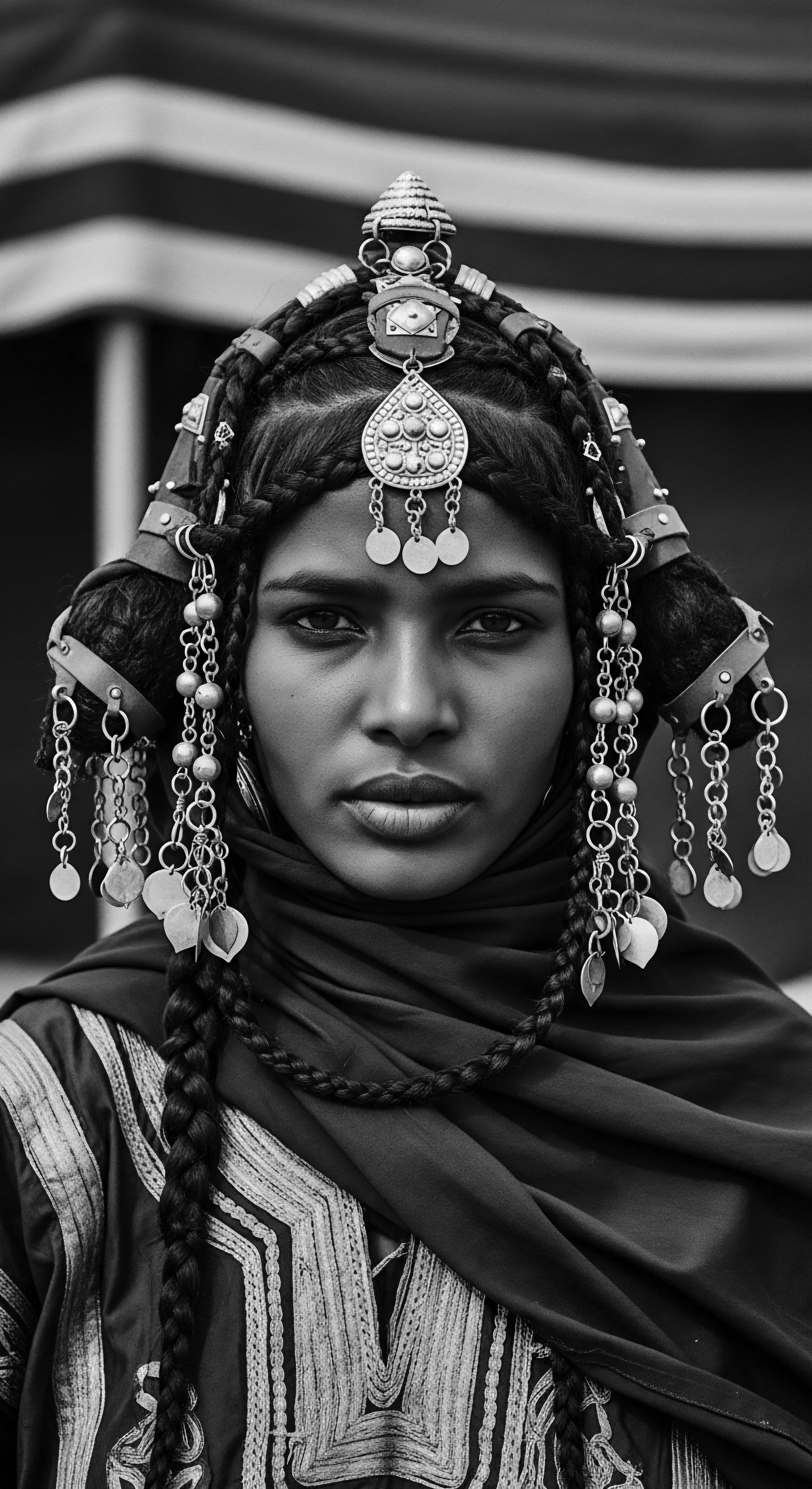
How Do Traditional Moroccan Cleansing Clays Support Scalp Health for Textured Hair?
Moroccan cleansing clays gently purify textured hair scalps by absorbing impurities while honoring ancestral moisture-preserving practices.
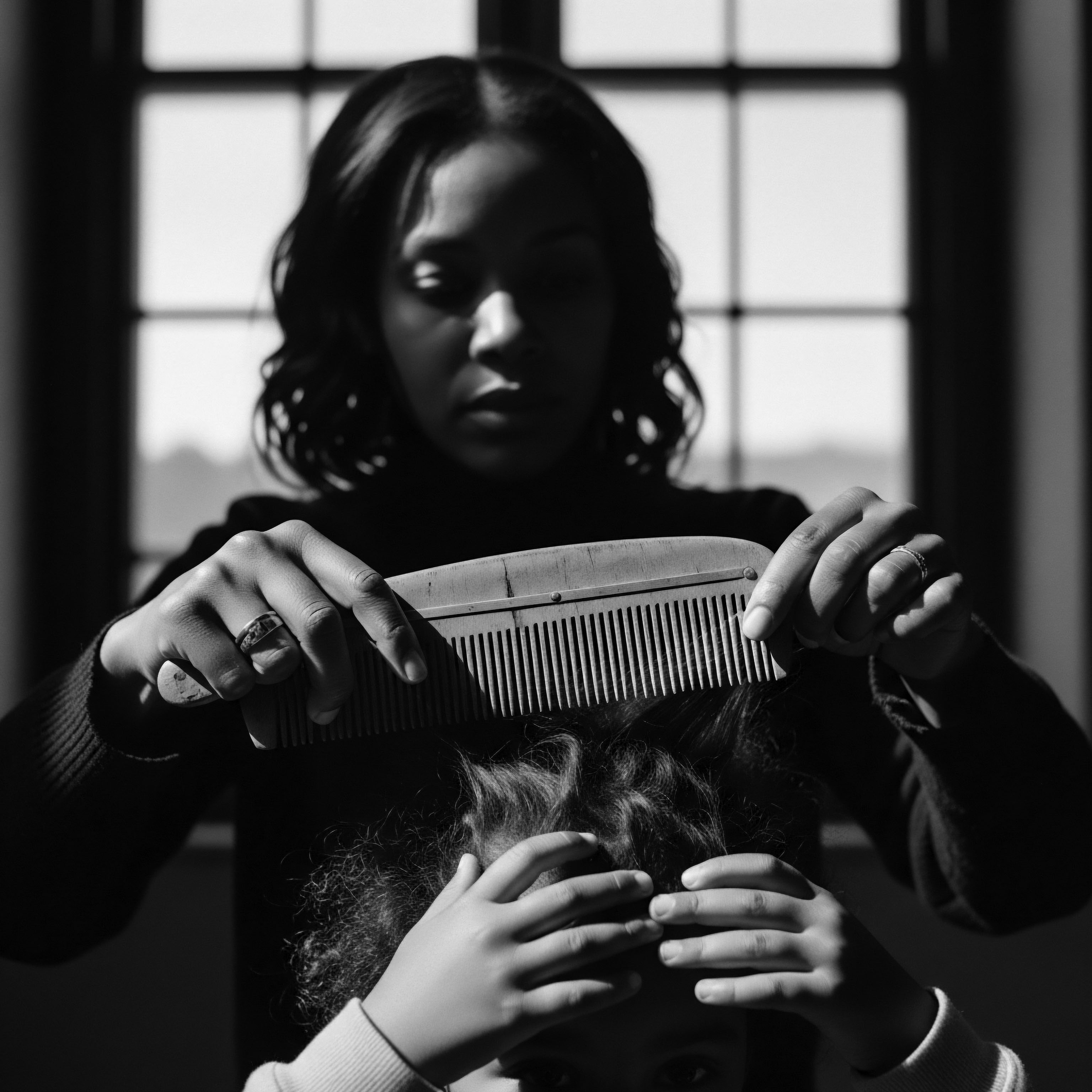
What Traditional Moroccan Practices Aid Textured Hair Moisture?
Traditional Moroccan practices nourish textured hair moisture through natural ingredients and communal heritage rituals.
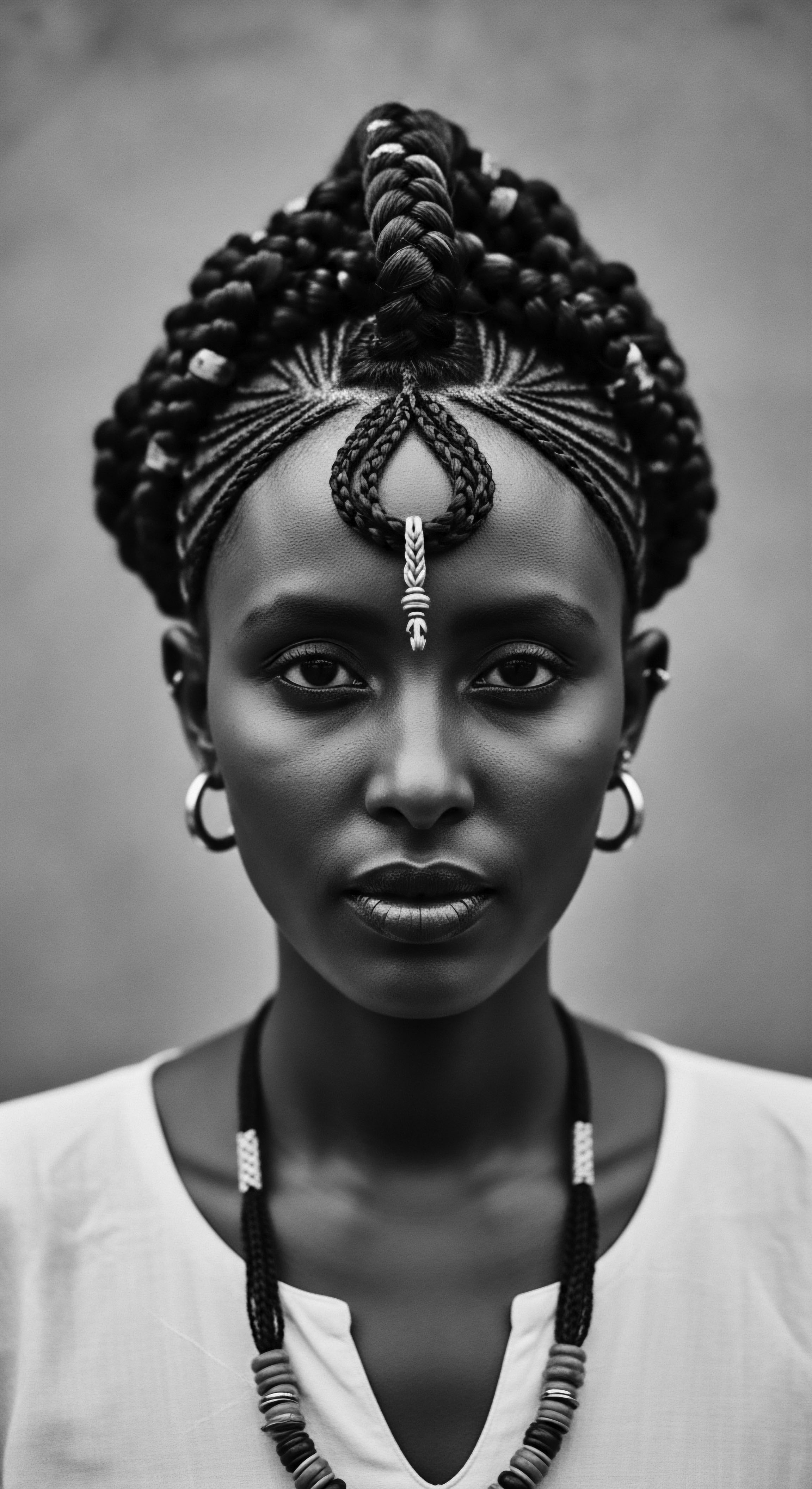
Moroccan Clay History
Meaning ❉ Moroccan Clay History details Ghassoul's ancestral role in cleansing and nurturing textured hair, embodying cultural legacy and natural wisdom.
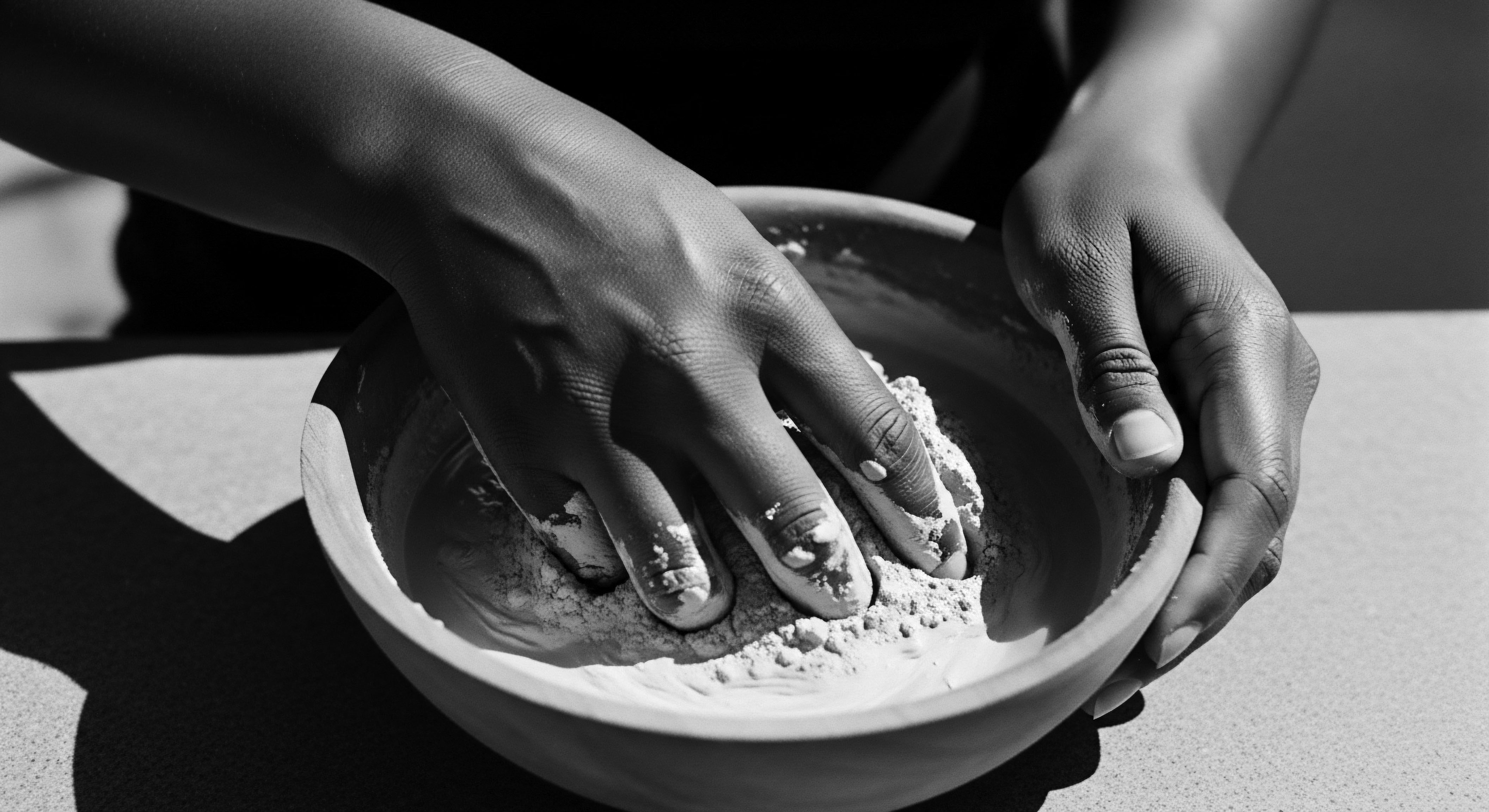
Moroccan Clay Heritage
Meaning ❉ Moroccan Clay Heritage defines the historical and cultural significance of Ghassoul clay in traditional textured hair care practices.
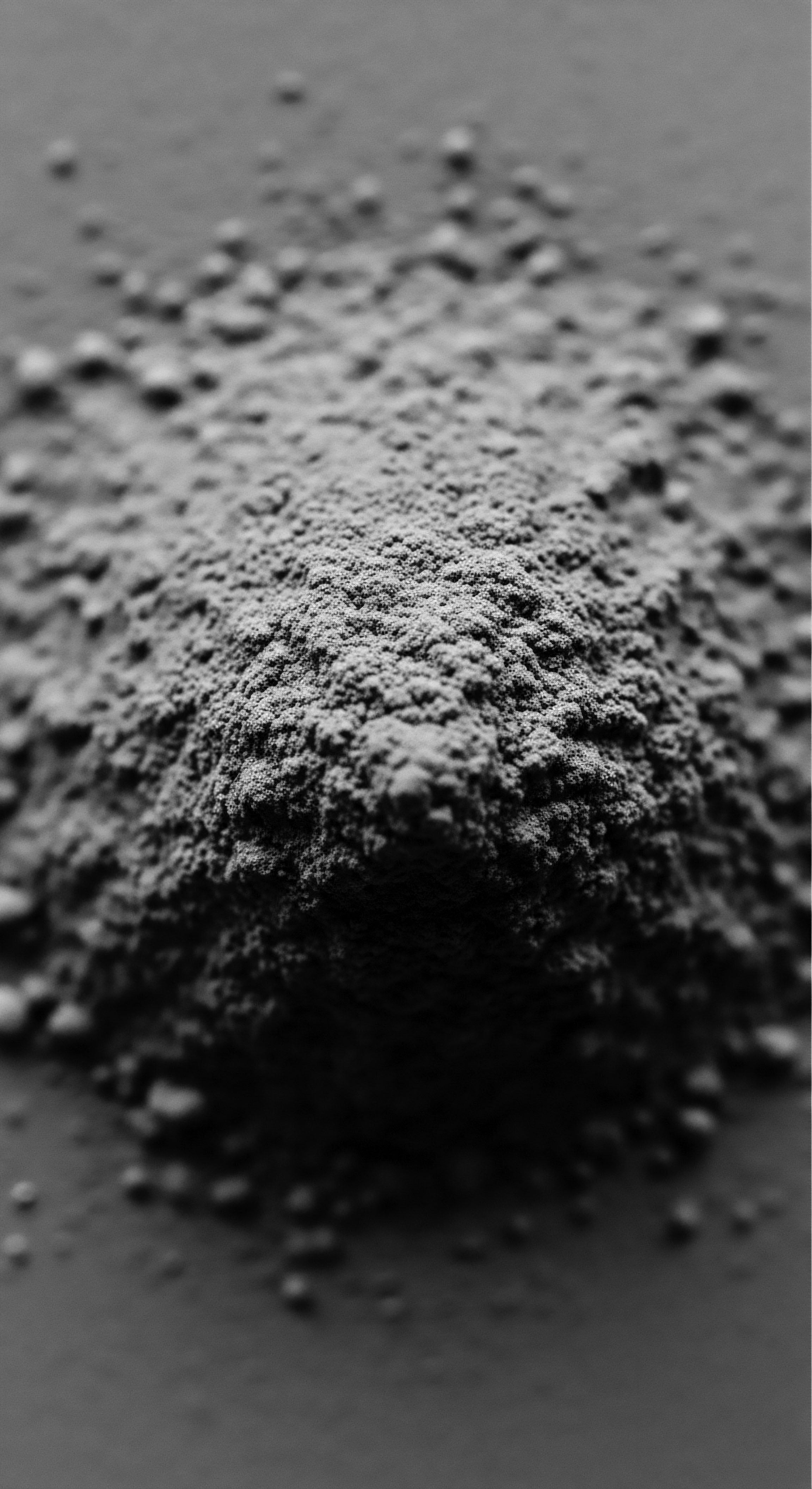
How Does Rhassoul Clay Align with Ancestral Practices for Textured Hair Care?
Rhassoul clay aligns with ancestral textured hair care by offering gentle, mineral-rich cleansing, preserving natural oils, and fostering a connection to heritage.

How Has Ghassoul Clay Been Used Traditionally for Textured Hair?
Ghassoul clay, a natural mineral from Morocco, has traditionally cleansed and conditioned textured hair, preserving its moisture and connecting users to ancient heritage.
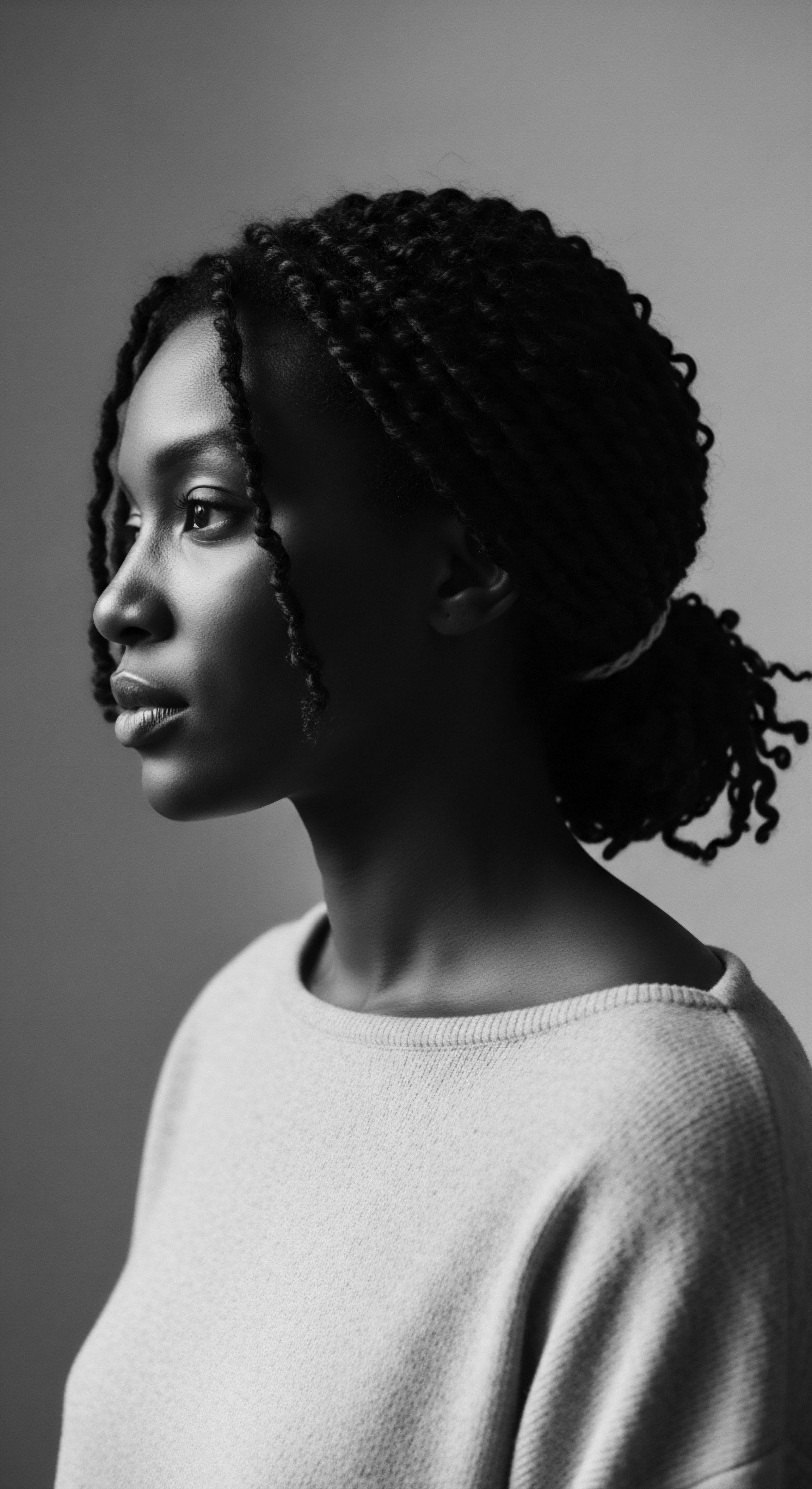
Can Ancient Moroccan Rhassoul Clay Fully Replace Contemporary Shampoos for Preserving Textured Hair Heritage?
Rhassoul clay, a mineral from Morocco, offers a heritage-aligned alternative to shampoos by gently cleansing textured hair.

What Benefits Does Ghassoul Clay Offer Textured Hair Heritage?
Ghassoul clay nourishes textured hair by gently cleansing and supplying vital minerals, a practice rooted in ancestral North African traditions.
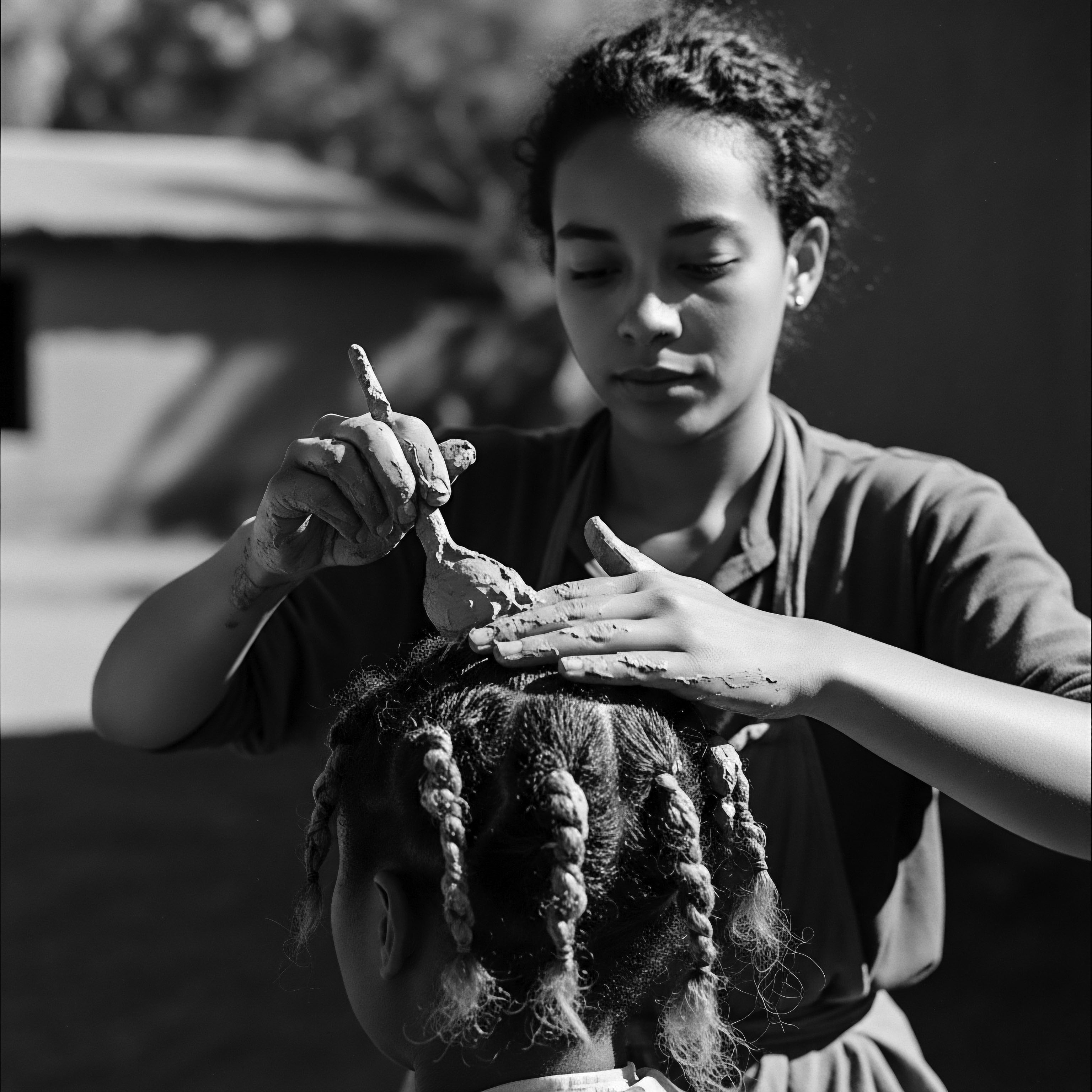
What Historical Role Does Moroccan Ghassoul Clay Hold for Textured Hair?
Moroccan ghassoul clay historically served textured hair as a gentle, mineral-rich cleanser and conditioner deeply rooted in ancestral North African beauty rituals.
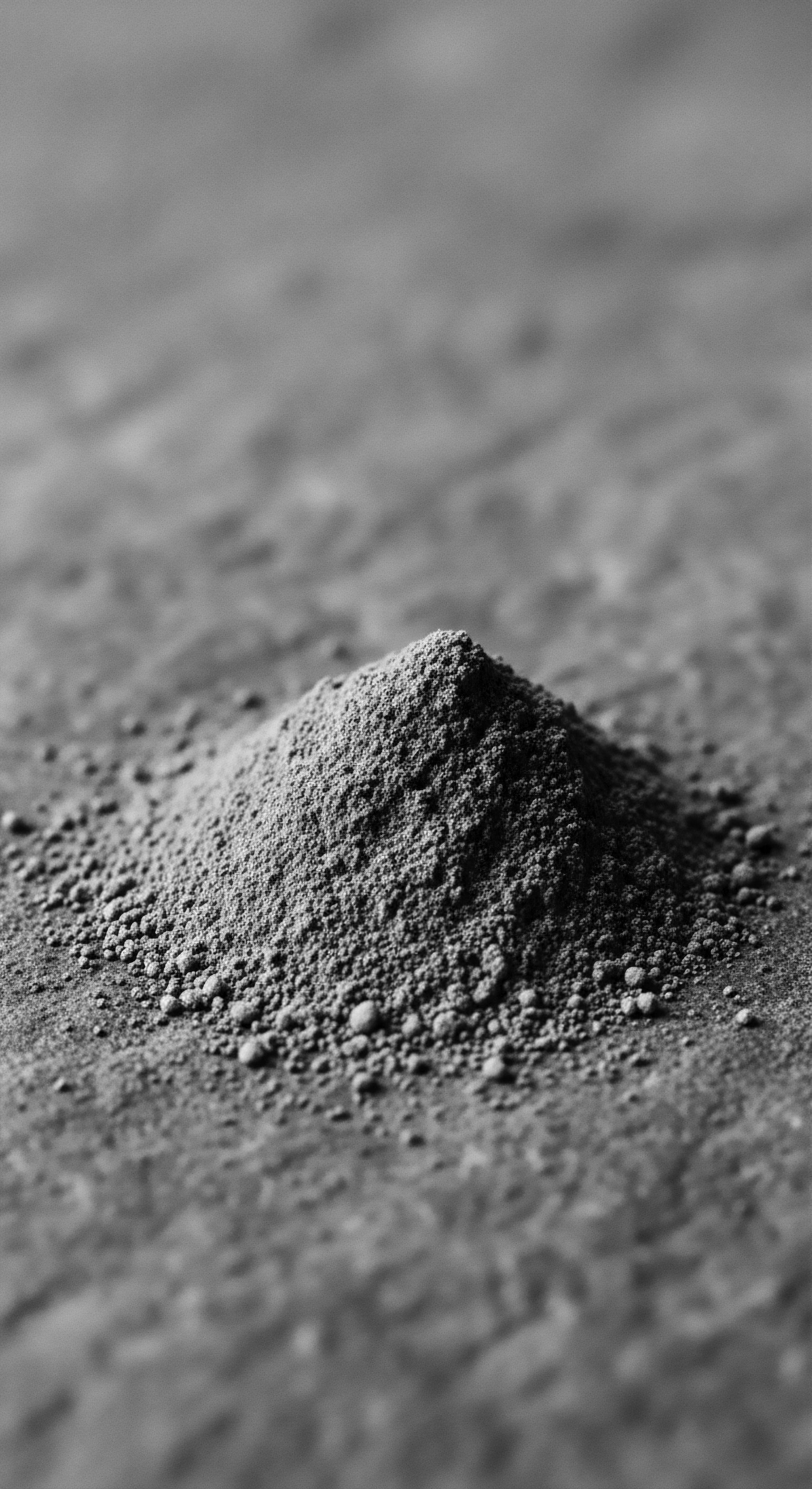
What Is Rhassoul Clay’s Historical Role in Textured Hair Care?
Rhassoul clay, an ancient Moroccan earth, served as a revered cleansing and nourishing agent for textured hair, deeply rooted in ancestral care rituals and cultural identity.
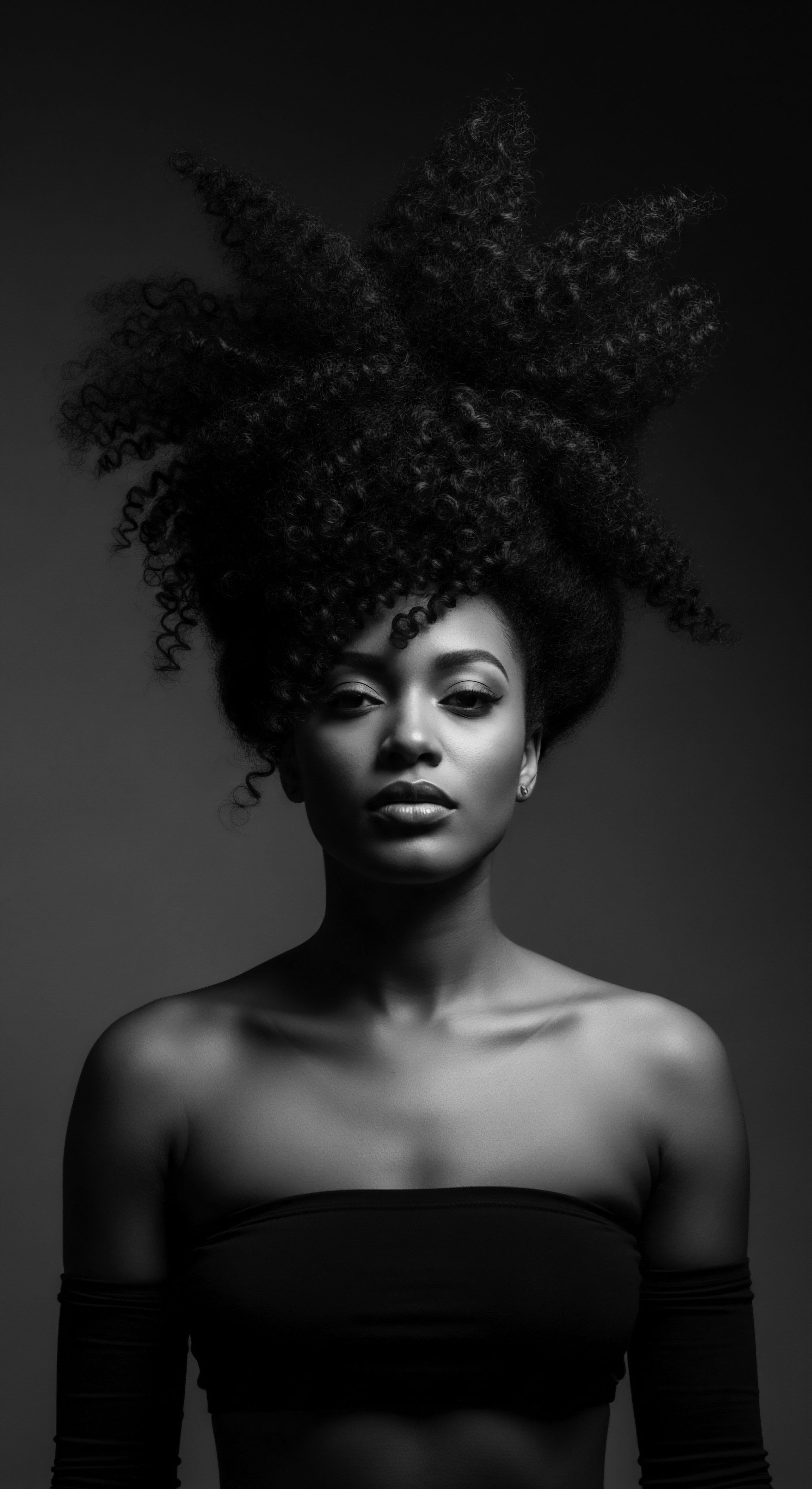
What Is the Historical Link between Rhassoul Clay and Textured Hair Regimens?
Rhassoul clay, a mineral from Morocco's Atlas Mountains, has a heritage link to textured hair regimens through its gentle cleansing and conditioning properties, cherished in ancestral North African beauty rituals.

Can Traditional Moroccan Rituals Aid Modern Textured Hair Care?
Traditional Moroccan rituals offer valuable, heritage-rich aid for modern textured hair care through natural ingredients and holistic practices.
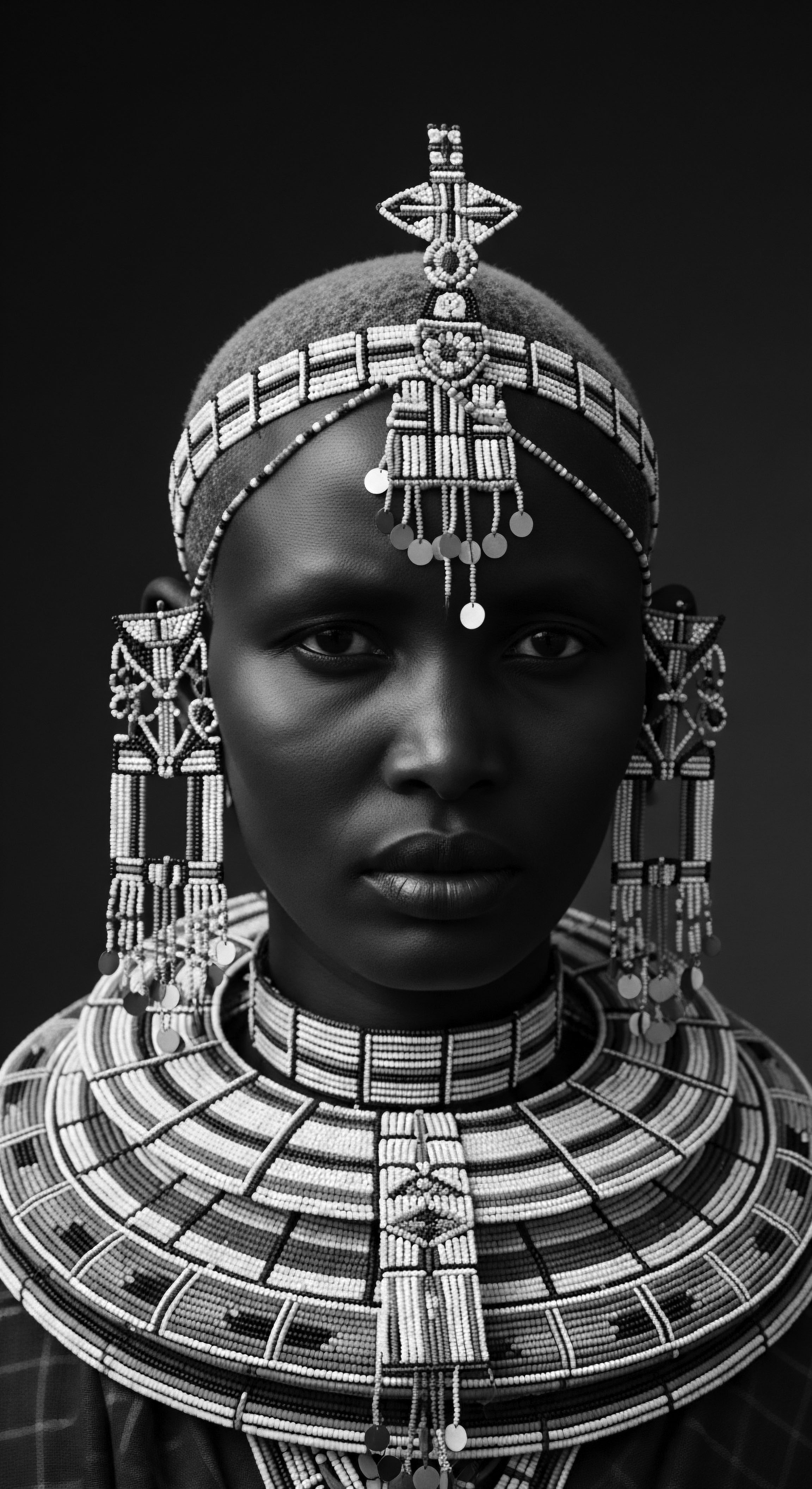
How Does Rhassoul Clay Connect to Moroccan Hair Cleansing Heritage?
Rhassoul clay connects to Moroccan hair cleansing heritage as a mineral-rich earth used for centuries in hammam rituals.
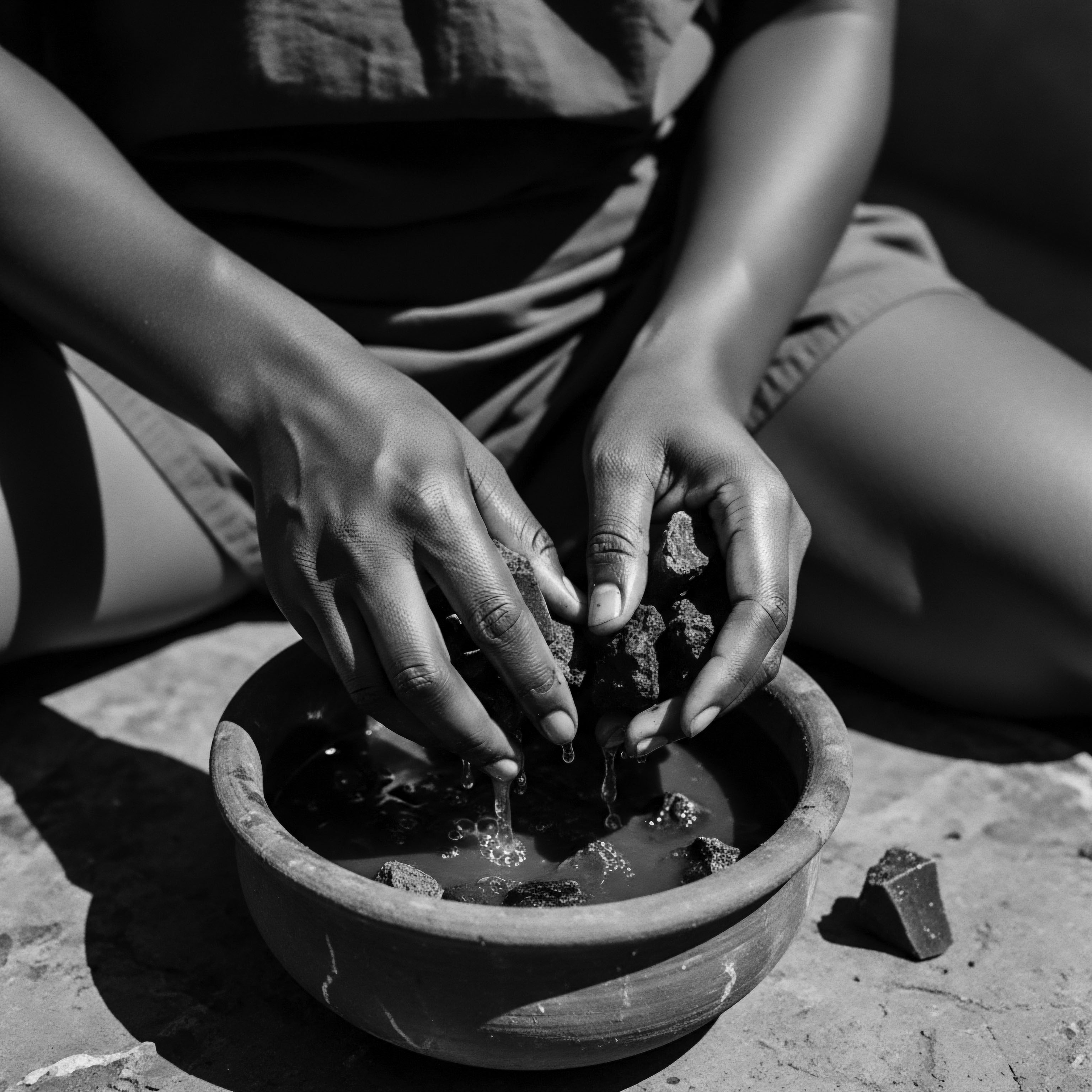
Which Moroccan Traditional Ingredients Nourish Dry Textured Hair?
Moroccan ingredients like argan oil, ghassoul clay, and prickly pear seed oil provide ancestral nourishment for dry textured hair's heritage.

How Does Rhassoul Clay Honor the Heritage of Black and Mixed-Race Hair Care?
Rhassoul clay honors Black and mixed-race hair heritage by connecting modern care to ancient North African rituals and natural hair health.
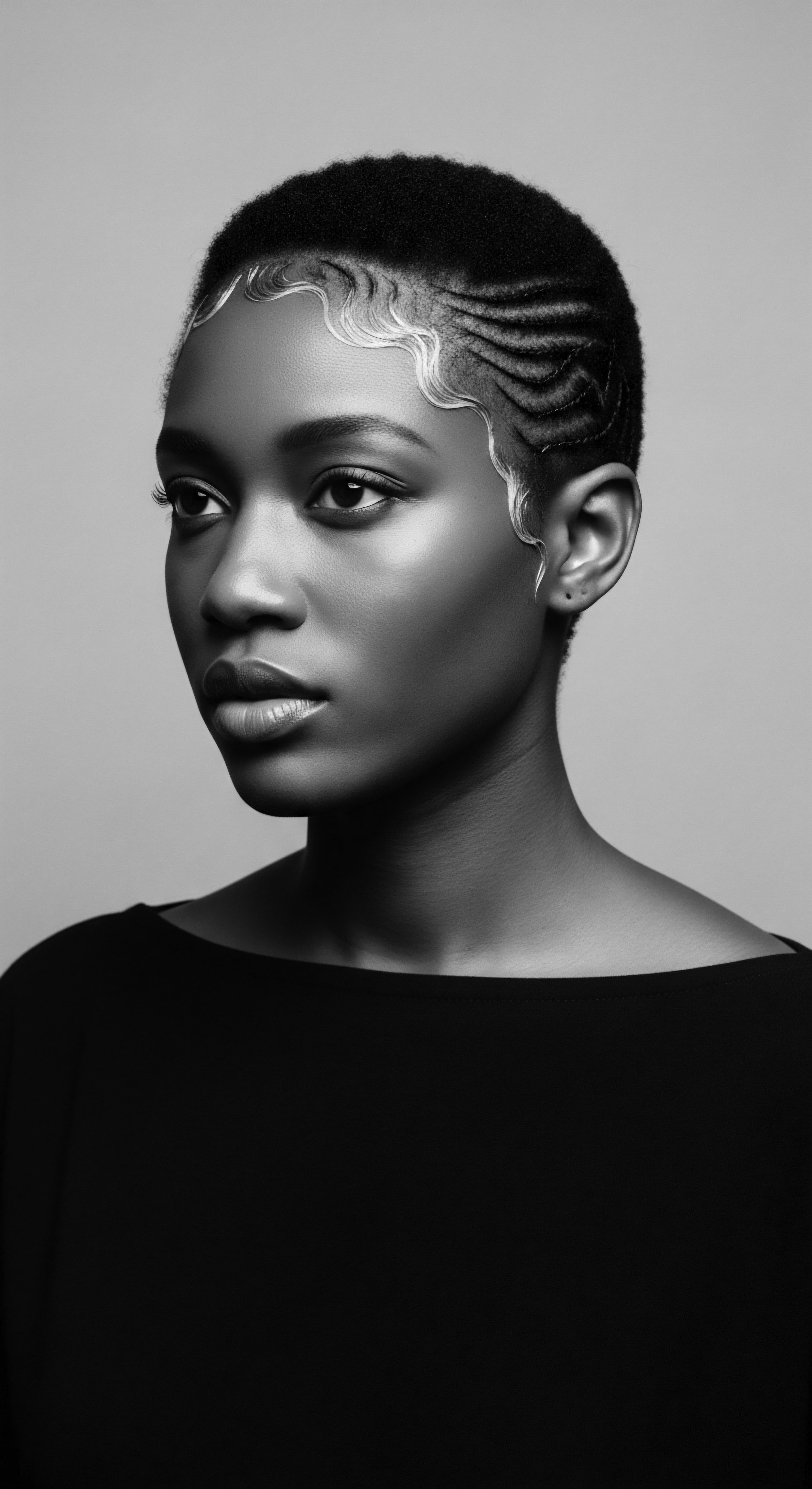
What Is the Cultural Significance of Rhassoul Clay for Hair Heritage?
Rhassoul clay holds deep cultural significance as an ancestral cleanser for textured hair heritage, rooted in North African traditions.
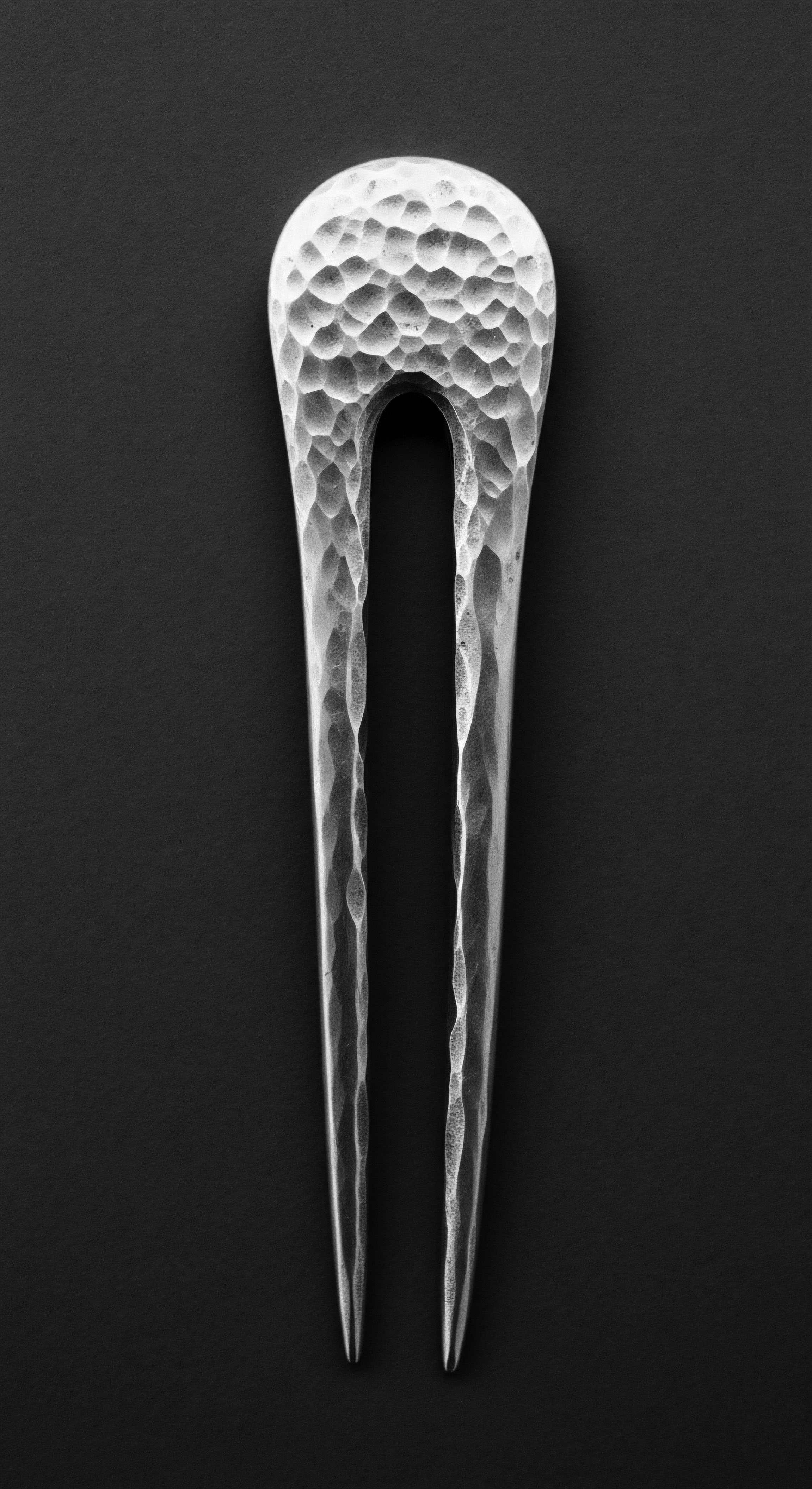
How Do Ancient Moroccan Practices Align with Textured Hair’s Biological Needs?
Ancient Moroccan practices deeply align with textured hair's biological needs, offering a heritage-rich path to vitality and health.
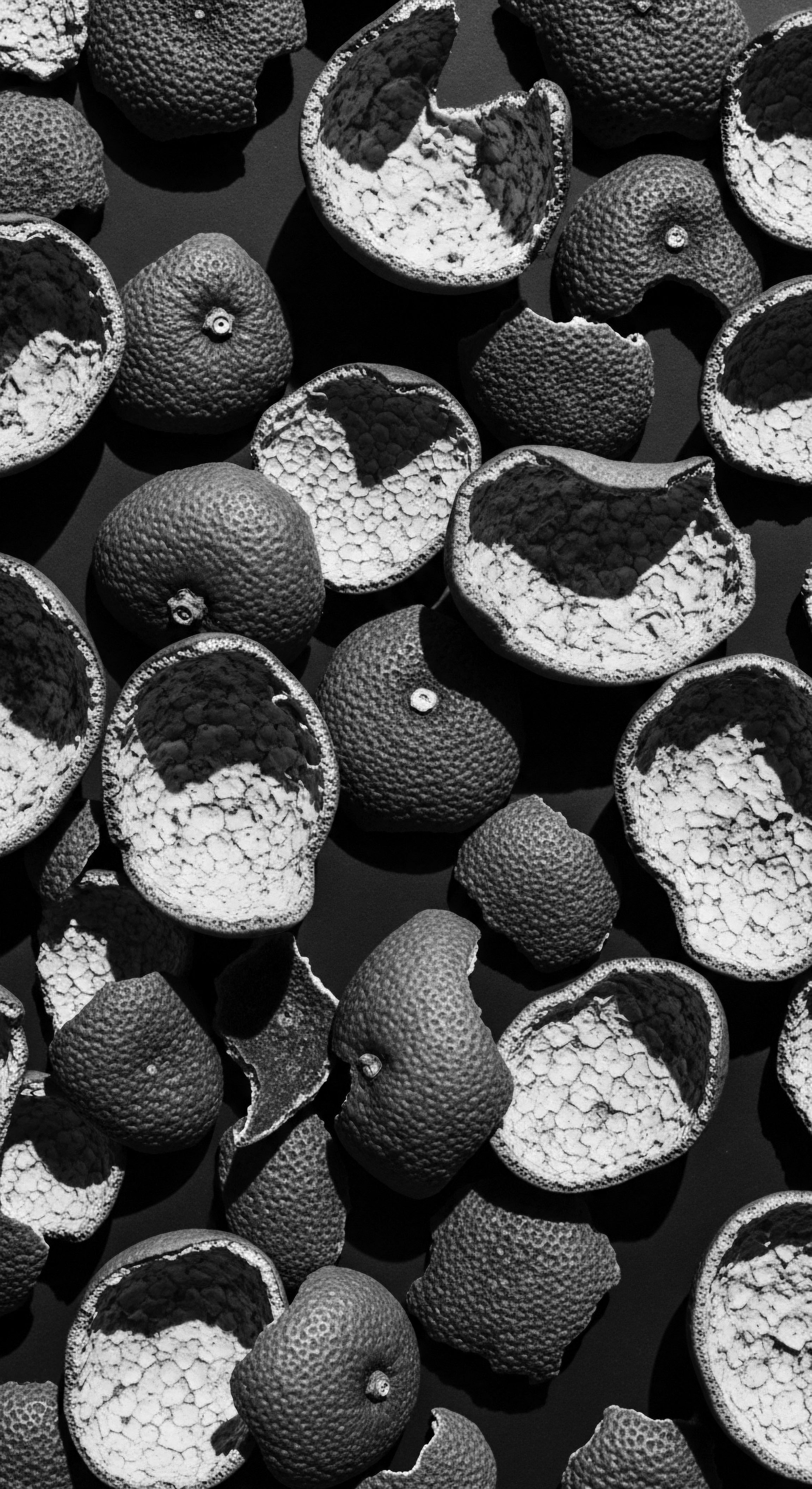
Can Ancient Moroccan Hair Practices Inspire Modern Textured Hair Routines?
Ancient Moroccan hair practices offer profound inspiration for modern textured hair routines by centering heritage, natural ingredients, and holistic care.
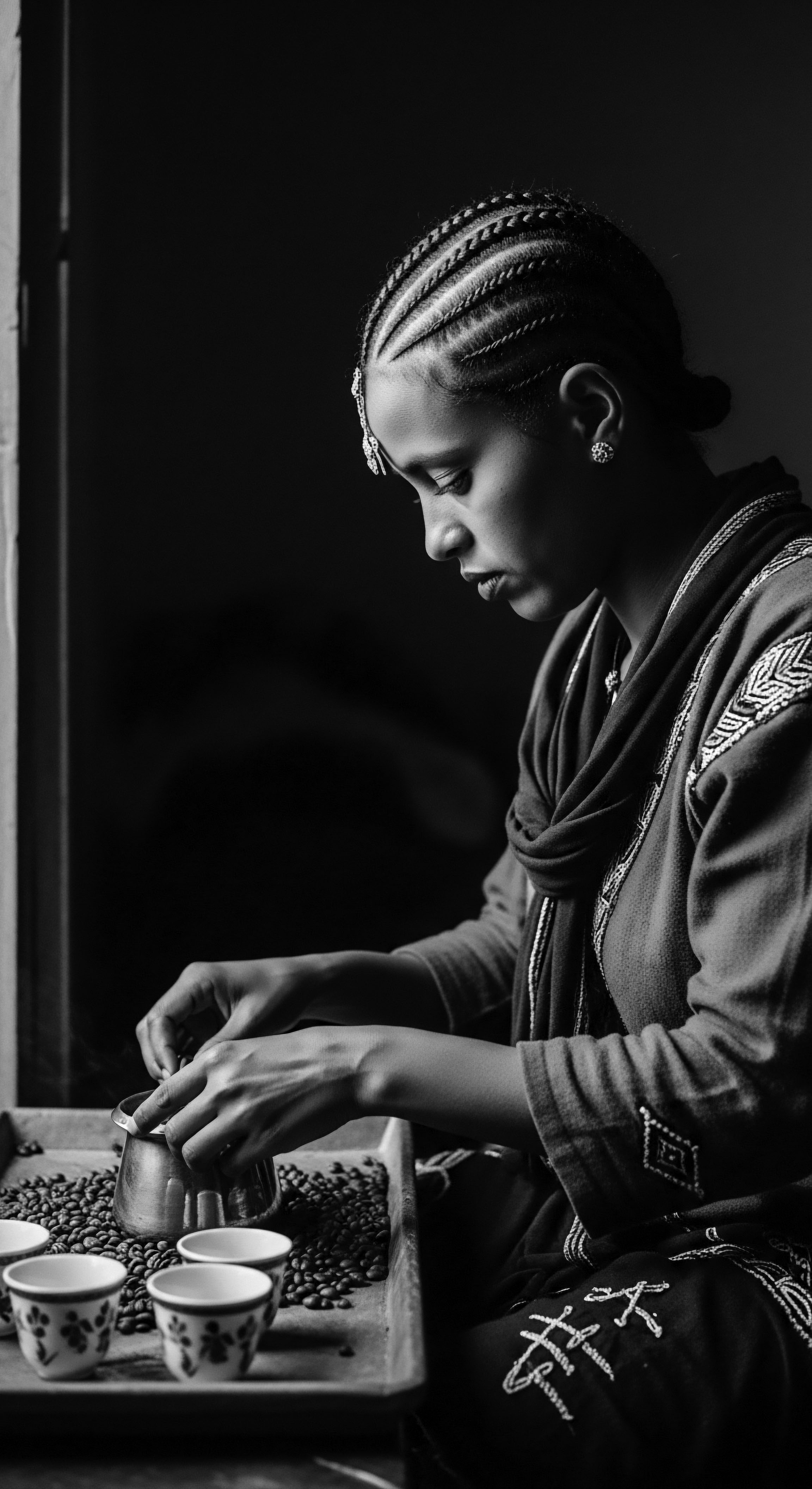
Moroccan Mint Tea
Meaning ❉ Moroccan Mint Tea is a vibrant cultural ritual whose elements offer ancestral and scientific benefits for textured hair health and heritage.

